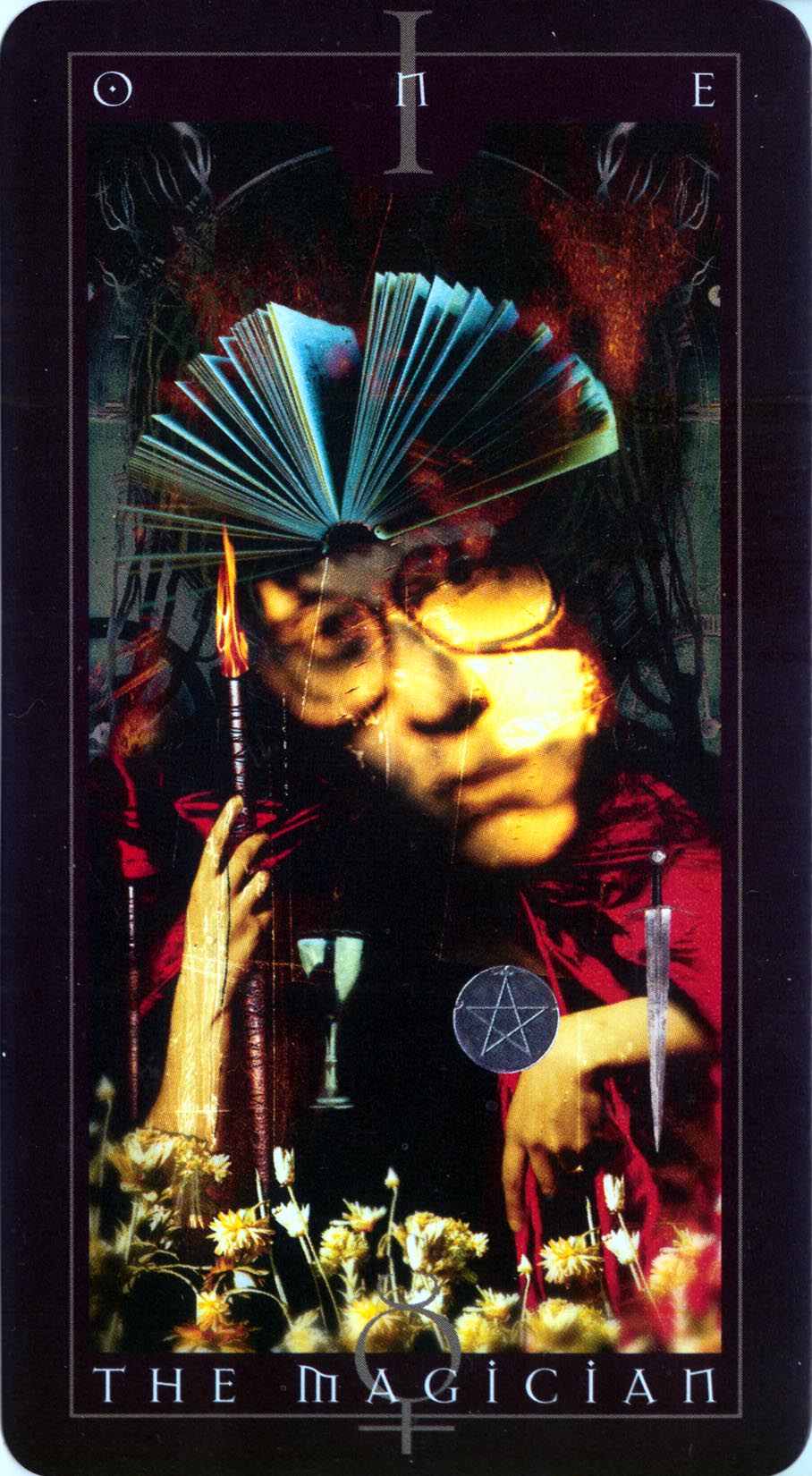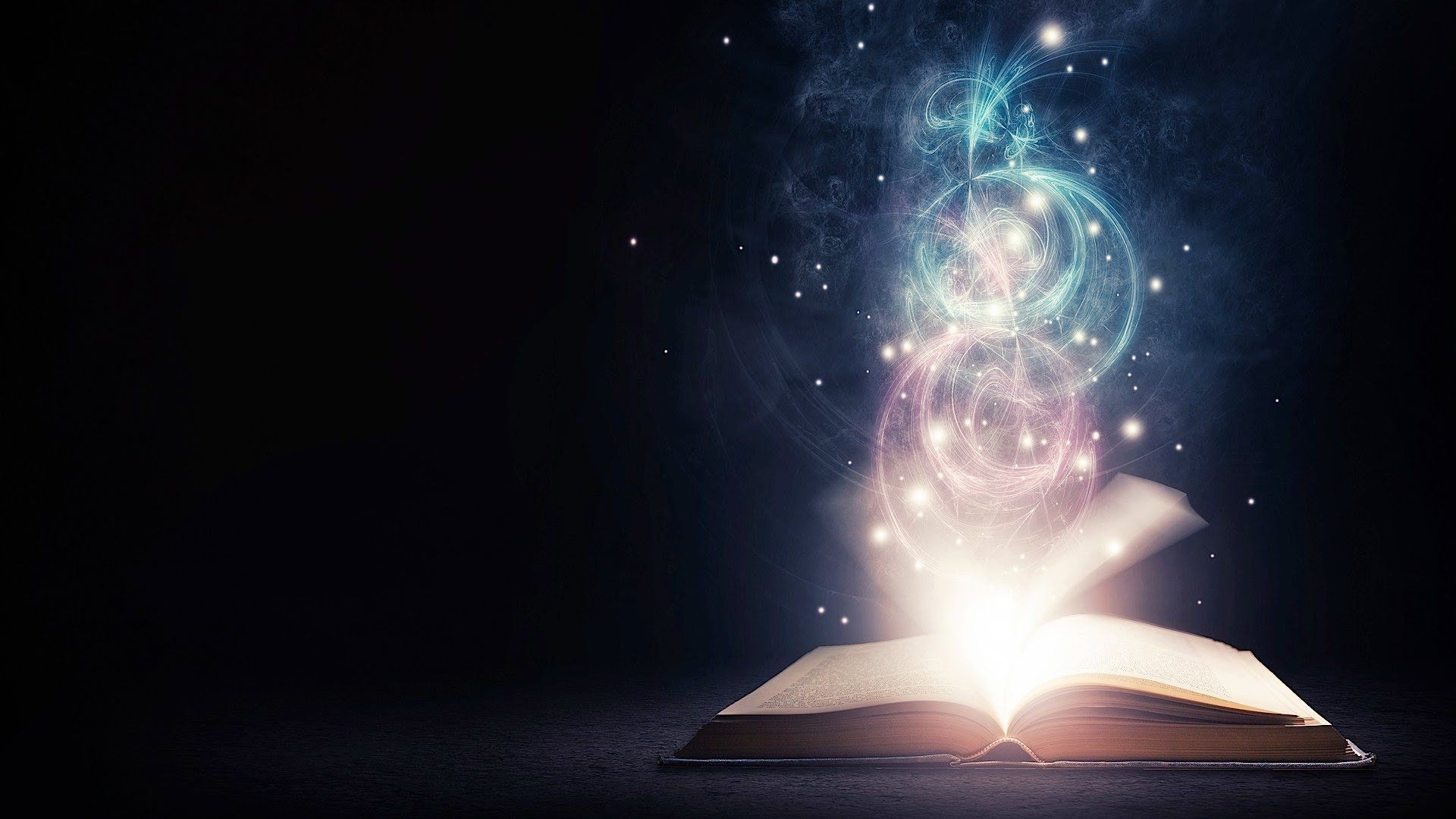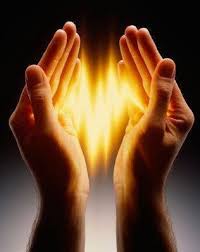A Birthright of Mystery

The power of magic have been used since ancient times, and the Ancients knew a great deal more about magic than they were able to successfully transmit through writings, hieroglyphics, or verbal traditions passed down along bloodlines. A magus, or a witch, is an inheritor of this distant legacy in a metaphysical (and sometimes literal) line of descent stretching back to ancient Egypt, Greece, China and elsewhere. Even though this legacy denotes a Magus as something 'extraordinary', the raw power a witch or warlock can bring to bear must still be shaped, taught, and directed. A Magus' understanding must be guided to certain awakenings that go along with the practice of magic.
With this in mind, here are some things to think about:
- Is your character a Witch or a Magus?
- While the terms are sometimes used interchangeably as a general term for those that can practice magic, the difference is a Magus learns to use magic while a witch has their power innate to themselves. Magic is a part of the world for a Witch or Warlock. A magus' potential is present, but is something they have to learn to access, whereas a witch can touch magic long before they are trained in it.
- How does your character view magic?
- Is magic a tool of the mind, or an impersonal source of power just like electricity or air? Does magic come because of formal training and mastering arcane formula, or does it always exist as a pool of untapped power just waiting for a mind to give it shape, form and function? How your character views magic is known as a paradigm.
- How does emotion effect the magic?
- Some Magi learn to use magic completely dispassionately, when they practice the art they must do so from a position of emotional neutrality. Others harness their emotions, experiencing both rapture and agony when they use their magic, their emotions become tools in directing their will.
- Why does your character use magic?
- Do they use it to help themselves, to advance their own ambitions and plans? Do they use it to protect themselves and their loved ones? Do they use it in pursuit of power, or is it part of a larger spiritual practice?
- Who taught your character to use magic and why?
- Just like in the world of martial arts where a single sensei trains many masters, there are whole legacies of magical thought and practice which extend back into the dim reaches of history, a legacy carried by everyone who learned from the same sources. Some teach magic in order to build allegiances and power, others as an offshoot of their religious practices. Why was your character taught?
Innate Powers & Abilities
- Spells - A spell is a magical formula employed to carry out a supernatural action. Most magicians favor spells, which is the instantaneous application of power from a source through the lens of knowledge of magical technique, to achieve an effect in the real world upon the spells formulae being completed. Most spells require a simple invocation - a phrase spoken aloud.
- Ritual - Magicians sometimes feel the need to endow their magical spells with greater power. Using a Ritual is one means of doing so. A ritual is a spell that is drawn out, with steps and ritual objects and implements that are employed in order to give the magic more time to build before being loosed to achieve it effects. All spells can be reworked as a ritual. Some magic can only be cast as a ritual (Summoning and Binding as an example).
- Sacrifice - All magicians recognize the inherent power involved in sacrifice. All that changes is what, or who, they are willing to sacrifice to achieve their magical goals. All magicians can use sacrifice of animals, people, and symbolic or valuable items to empower the magic. The efficacy of a sacrifice is directly proportional to the value of the sacrifice. But, this is a subjective subject. The value of a sacrifice is always dependent on how the magician views the sacrifice.
- Final Act - Sacrifice can empower magic, and perhaps one of the most important sacrifices a magician can make is the sacrifice of his or her own life. The magician gives his life to accomplish a magical feat, endowing it with the very force of his or her life. This allows for magicians to work acts of great power, but kills them in doing so. If the magic is intended to be an extended effect (such as a curse), the effect endures for however long the magician details it too. Because the death of the magus empowers this act, the magic fails should the magus be resurrected.
- Combined Power - Magicians with similar paradigms are able to work together cooperatively, combining their magical prowess and skill in order to accomplish magic which would be greater than they could accomplish individually.
- Recognize Source - Magicians of any stripe can automatically recognize, sense and see things, places, or people which serve as the source of their magic (if applicable).
- Paradigm - Magic functions because of belief, but not every magic user has the same structure of beliefs. Not all Wiccans approach magick the same way and the same is true across different religions. What matters is that the mage believes in what he is doing. Whether his paradigm is structured around principles of science, nature, or faith, the magician must believe. Paradigms reflect this belief and allow mages a conceptual framework on which to build their magical practice. When making a magician you should consider what your character believes in and why this empowers his or her magic.
- Familiar - All magicians are capable of creating magical ties with an animal, and in some cases spirit beings, using the creature as an aid in magical practice. Familiars strengthen the magicians magic when they are near, enjoy a psychic bond with their magician which allows the magician and the familiar to converse. Generally, a magician is limited to a single familiar, but those magicians skilled in willbinding or summoning can create multiple such links.

Weaknesses
- Only Human - Magi and Witches remain inherently mortal and are subject to the frailties of all flesh and bone. Even if their magic gives them great power and flexibility, they still must sleep, eat and do all of those things at people need to do to continue their own existence.
- Unweaving - Some Magi and Witches study the art of Unweaving, or the power to unravel magic as it is being cast and to untangle and end magical effects affecting people, places or things. A skilled enough practitioner can unmake spells even as they're being cast or before they take effect.
- Ingredients - Some spells require more than will and power in order to effect. Generally the more powerful the spell or ritual being cast, the more rare, complex, or dangerous the components of that spell are.
Power Limits
| Power Type | ||||
|---|---|---|---|---|
| Source(s) | ||||
| Technique(s) | ||||
| Magic Item Techniques | ||||
| Combining Techniques |
Magi get +1 Technique they know. Witches/Warlocks get +1 Source they can draw on.
Note on Combining Techniques: Refers to how many of the techniques a Magus has chosen can be used together to create more powerful effects. An Adept does not have the skill to combine techniques and must use them individually, whereas a Master can combine up to 3 techniques.
- For example, using Protection to create a ward against vampires, backed up by using Destruction to create a fireball if the vampire got passed the ward and crossed a certain point after, then using Relocation to drop the vampire elsewhere if the fireball failed to stop it.
The Connection Between Source & Technique
When selecting sources and techniques, please Link two techniques to 1 source wherever possible. This represents training in drawing on certain power sources in order to affect different types of magic. Should something happen and the character be forced to use a source not linked with a given technique, they can do so, but the magic is not operating at full power.
